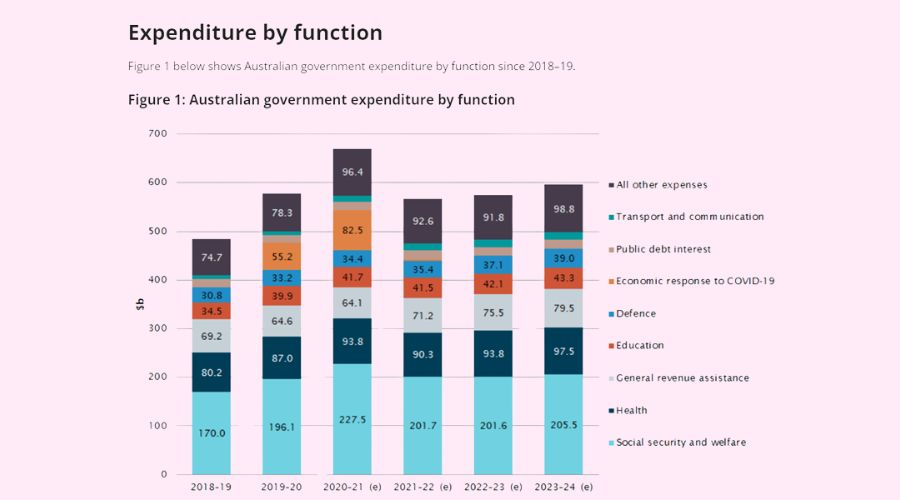
When is Age Pension going to be raised to age 70
It has only been few months ago, on 1st July 2023 to be exact, when the Age Pension age was raised to 67. This is how old you now have to be to become eligible for Age Pension.
Additionally, you obviously need to meet the residency test and means testing. If you are not sure about those rules, check the following articles:
I am not going to list them all as there are over 40 just on the topic of Age Pension, so lots of learn.
Going back to the age issue, we already hear loud voices from the government screaming that the Age Pension age should be raised to the age of 70.
Why? Because as it appears, retirees are a “burden” to the economy and our social system.
It is true that Australia, like most economically developed countries has an aging population and not enough young people, but is moving the eligibility for the Age Pension to even older years the answer?
This is our topic for today and I do hope you will participate in our discussion, and you will provide me with your opinion on this topic.
But first, let’s re-visit our Age Pension memory lane:
It was the Labor government who introduced in the 2009 budget moving the age Pension to 67.
In 2014 Joe Hockey, then a Treasurer recommended raising the pension age to 70 by 2035.
The reason for this sudden age limit increase was that supposedly by then it would be very likely that a child born by that time would live till the age of 150.
Scott Morison dismissed this idea, as most likely this would have been a political suicide.
In 2021 the number of retirees in Australia was approximately 4.1mil with an average retirement age of 56.3. Currently, the average retirement age is 65.5 and for most retirees, the Age Pension is the main source of income.
Since July 2023 it is the very first time that all Australians will have the same retirement age, which is 67. However, not everyone agrees that this is the correct age.
Although and thankfully, the Liberals dropped the idea of pushing the retirement age up to 70 by 2035, many academics disagree and there are a number of loud voices supporting an increase to 68 by 2030, then again rising to 69 by 2036 and again to 70 by 2050.
Professor Shang of Macquarie University says that the low birth rate in Australia creates the problem of younger workers not being able to support the ageing population and that in turn is a burden for a government pension system.
Pushing people to work longer is very difficult, especially when you hear stories of health issues of tradies, or nurses or anyone that had to work physically for a prolonged period of time. This type of work is just simply not sustainable at this age on full-time basis.
There is lots of opposition to such proposals though, but talking is cheap, Economically we do have a problem and the correct solution needs to be found.
One of the suggestions is to allow pensioners to keep their Age Pension and just simply give them a great allowance for work and income earned on part-time basis.
Many pensioners would love to work extra, but the current system eliminates that ability and one of the very often questions that I get is:
”How much can I earn before my Age Pension starts dropping?”
We have a workforce issue in Australia and not enough young people supporting older populations. Just have a look at this graph, where we can clearly see that social security and welfare represent 33.9% of Australian Government’s total expenditure:

But rather than forcing people to keep working full-time beyond their age ability, and having access to Age Pension so many years later, why not allow retirees to earn money on part-time basis and still be eligible for partial Age Pension benefits?
Each working retiree would have to pay taxes like any other employee.
Retirees have an incredible and unappreciated level of experience, often very dedicated to work and would love to feel that they can still contribute to this society, be part of the team and be involved in lives of others.
It is such a win/win situation:
- win for the government,
- win for the economy,
- win for the tax office,
- win for retirees.
by: Katherine Isbrandt CFP®
Money Strategist & Retirement Planner
Principal of About Retirement






